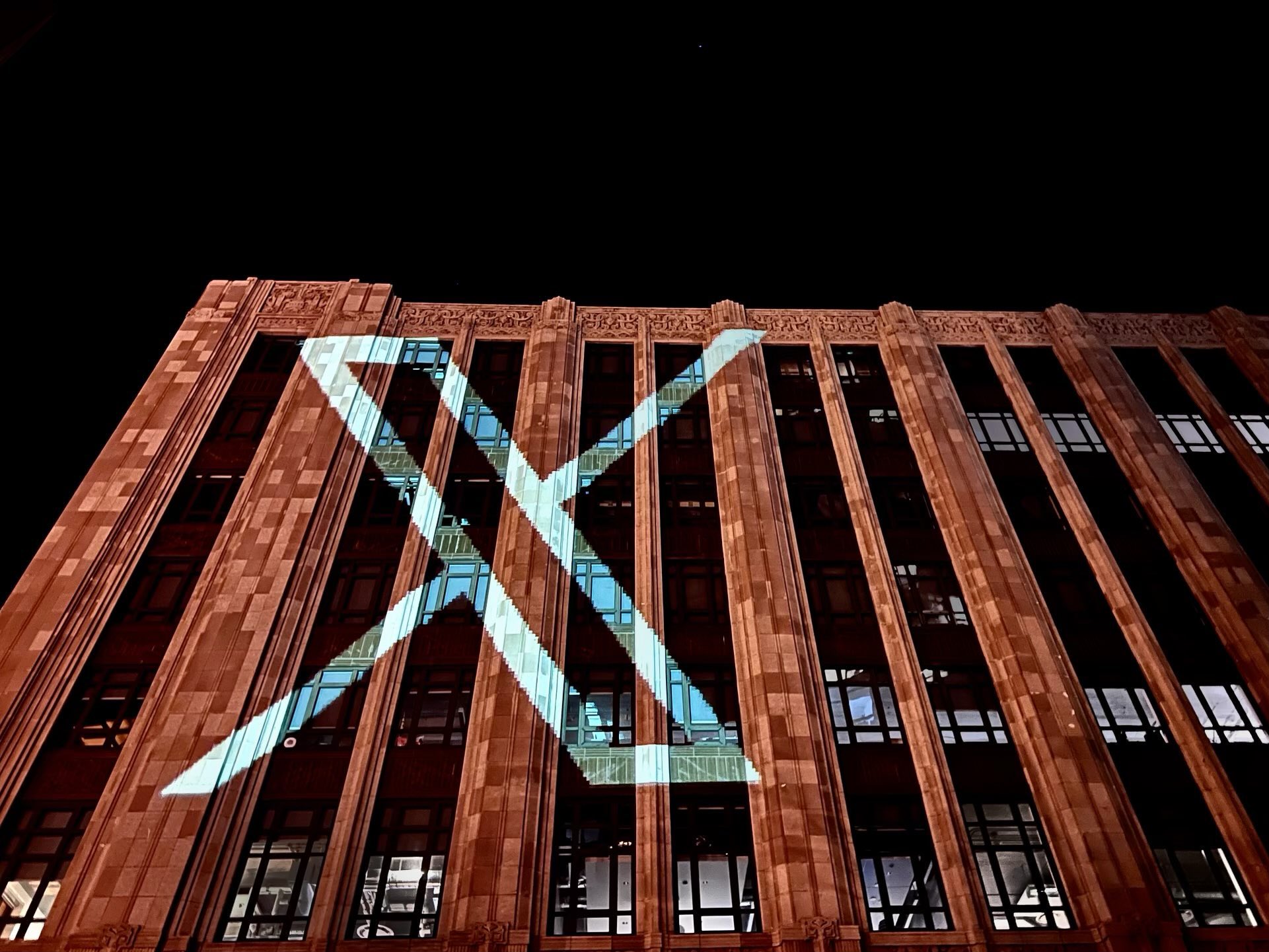The European Commission has said that X, formerly Twitter, is the platform with the largest ratio of disinformation posts.
The move comes as online platforms who are part of the Commission’s new Code of Practice on Disinformation publish reports on how they have been approaching commitments to reduce the spread of disinformation.
Major tech companies, including Google, Meta, Microsoft, YouTube, LinkedIn and TikTok, form part of the 44 signatories under the code, which X is no longer involved with.
The Code also includes signatories from across the advertising and civil industry.
As part of the Code, indicators such as how easy it is to find disinformation content, how much engagement this content receives, and indictors bout sources have been published by companies involved.
A pilot phase in three Member States evaluated the methodology on two of these indicators.
The European Commission said that these indictors mark an "unprecedented and novel" insight into disinformation on online platforms and enable the body to understand how effective platforms' efforts are to address the issue.
The pilot found that disinformation actors were found to have "significantly more followers" than their non-disinformation counterparts and tend to have joined the platform more recently than non-disinformation users.
The Commission asked the online platforms to monitor specifically disinformation about the Russian war in Ukraine.
Google said that, between January and April 2023, YouTube terminated more than 400 channels involved in coordinated influence operations linked to the Russian-state sponsored Internet Research Agency (IRA).
The company also removed ads from almost 300 sites linked to state-funded propaganda sites.
Meta says it expanded its fact-checking partnerships to 26 partners covering 22 languages in the EU, which now includes also Czech and Slovak.
TikTok's fact-checking efforts cover Russian, Ukrainian, Belarusian and 17 European languages, including through a new partnership with Reuters. 832 videos related to the war have been fact-checked on the platform, with 211 of those removed.
Microsoft said that Bing Search has either promoted information or downgraded questionable information in relation to almost 800,000 search queries related to the invasion.
“Disinformation is still one of the greatest risks to the European democratic information space, including that related to Russia's war in Ukraine and elections,” said European Commission vice president Věra Jourová. “As Europeans will prepare to head to polling stations in 2024, all actors must do their part in fighting online disinformation and foreign interference to protect our online debate.
"The Code proves to be a useful exercise, but we all have to do more. I call for the platforms' full engagement in applying the commitments they took under the Code to help ensure resilience of democracy."
National Technology News has approached X for comment.
Latest News
-
Regulators failing to protect UK from AI risks in finance, warn MPs
-
Confidence in AI’s ability to improve corporate finances is low, finds PwC research
-
HSBC launches AI chatbot for legal department
-
JD Sports rolls out RFID to modernise inventory management across Europe
-
EU plans to bar Huawei and ZTE from critical infrastructure networks
-
Britain to use Ukrainian anti-drone warfare tactics to secure prisons
The future-ready CFO: Driving strategic growth and innovation
This National Technology News webinar sponsored by Sage will explore how CFOs can leverage their unique blend of financial acumen, technological savvy, and strategic mindset to foster cross-functional collaboration and shape overall company direction. Attendees will gain insights into breaking down operational silos, aligning goals across departments like IT, operations, HR, and marketing, and utilising technology to enable real-time data sharing and visibility.
The corporate roadmap to payment excellence: Keeping pace with emerging trends to maximise growth opportunities
In today's rapidly evolving finance and accounting landscape, one of the biggest challenges organisations face is attracting and retaining top talent. As automation and AI revolutionise the profession, finance teams require new skillsets centred on analysis, collaboration, and strategic thinking to drive sustainable competitive advantage.
© 2019 Perspective Publishing Privacy & Cookies








Recent Stories